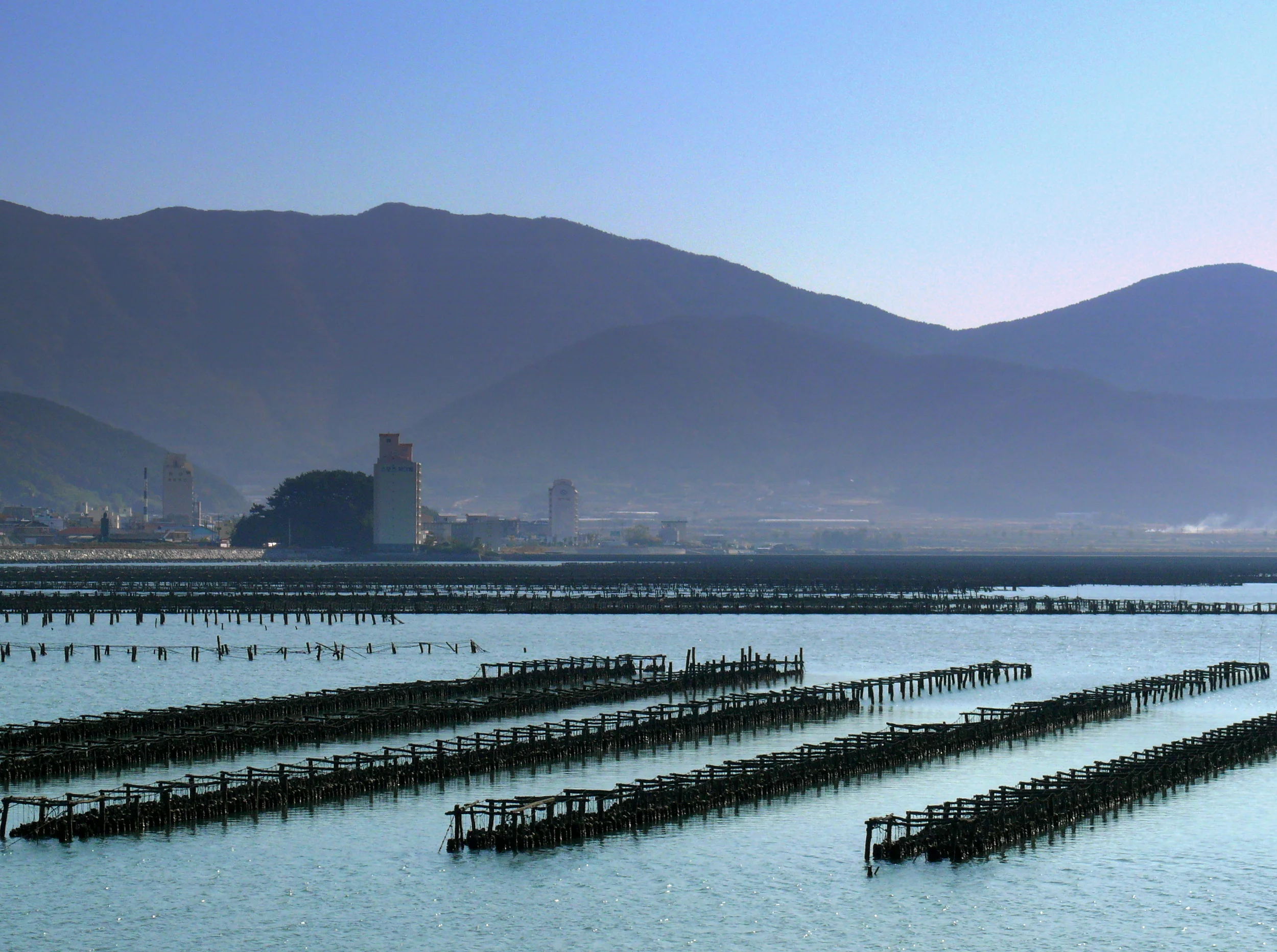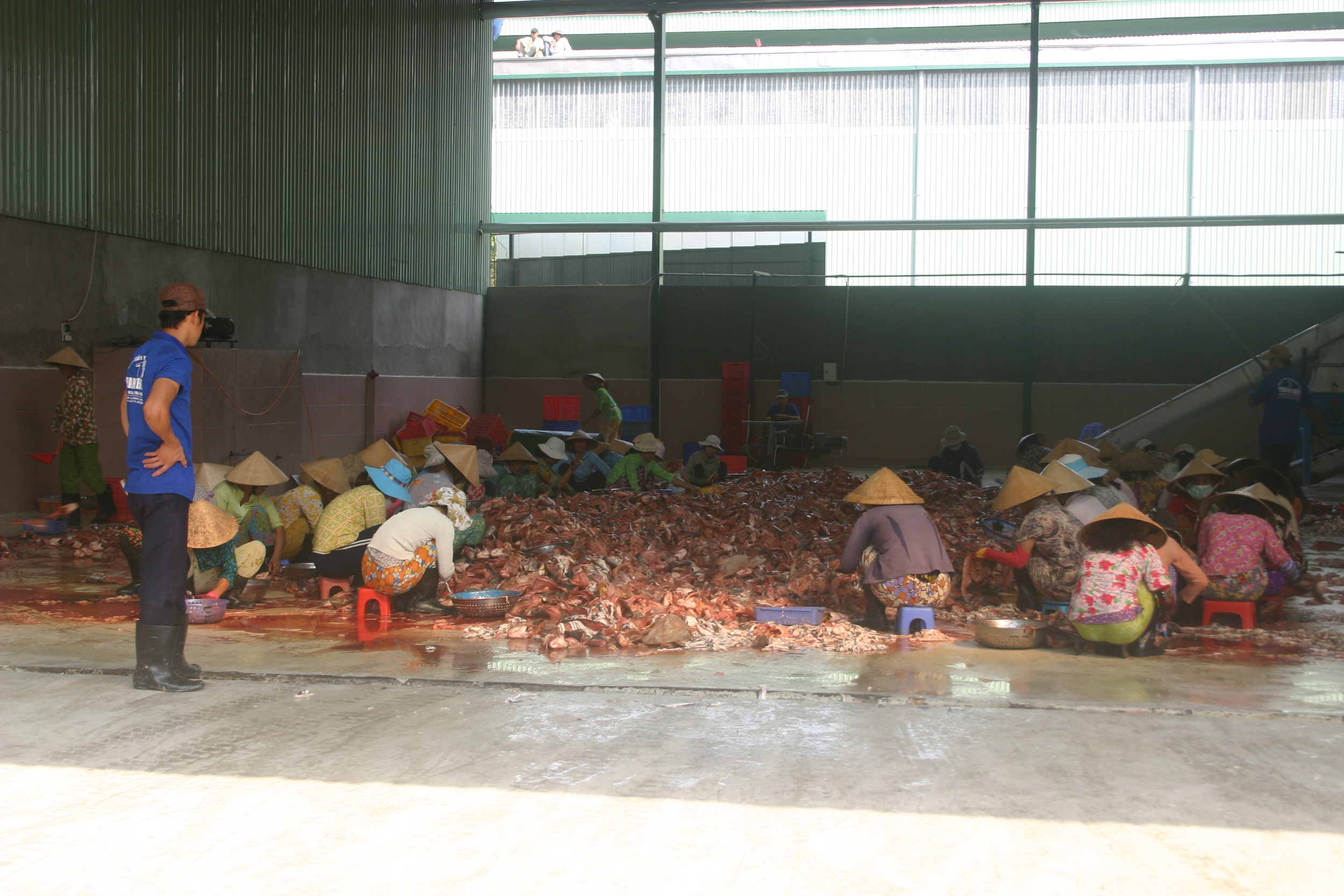Efficiency
“Food systems need to become more efficient. We need to produce food in ways that use fewer resources and generate fewer negative environmental impacts. This drive towards efficiency is essential if we are to achieve more sustainable food systems.”Such sentiments are common in academic, policy and industry documents. But what is efficiency? What are we being efficient with and efficient for? Recent work explains this concept
Non-Conventional Feed Ingredients
The increasing dependence of aquaculture and livestock in general, on a limited range of feed ingredients is an emerging risk to sustained intensification. Most clusters of aquaculture production are supported by large flows of grains, pulses but their price and availability is vulnerable to climatic and economic shocks. Insect larvae have emerged as one possible candidate and has been trialled in in both EU and several LIFDC in Africa and Asia.
Returns to Key Resources
The success or failure of aquaculture production often relate to the realised returns to key resources such as water, land, labour, energy and capital. Understanding and developing appropriate technological options for different contexts is a core strength of our group
By-Products
Realising optimal value of farmed terrestrial livestock has long been contingent on recognising premium and secondary products but this approach is relatively new to most of the aquaculture sector. Exploring ways to release value from byproducts of both production and processing farmed seafood is a major research interest.



